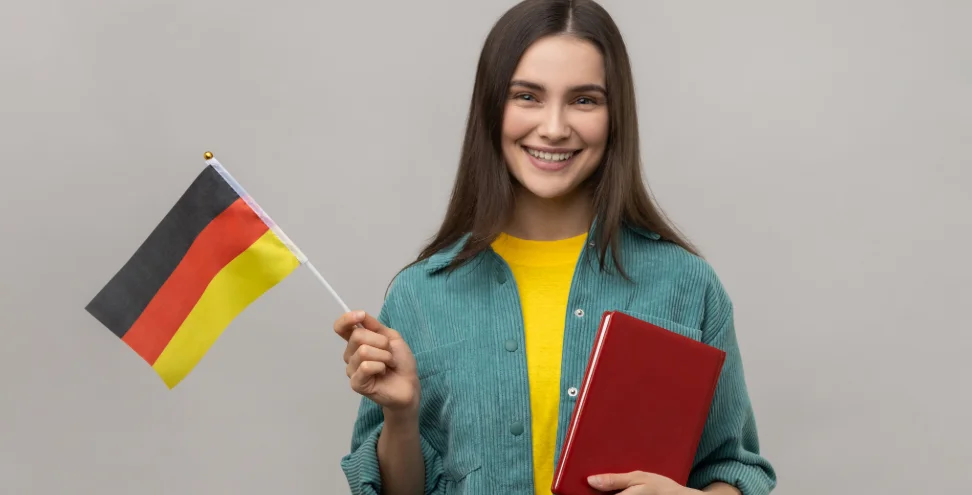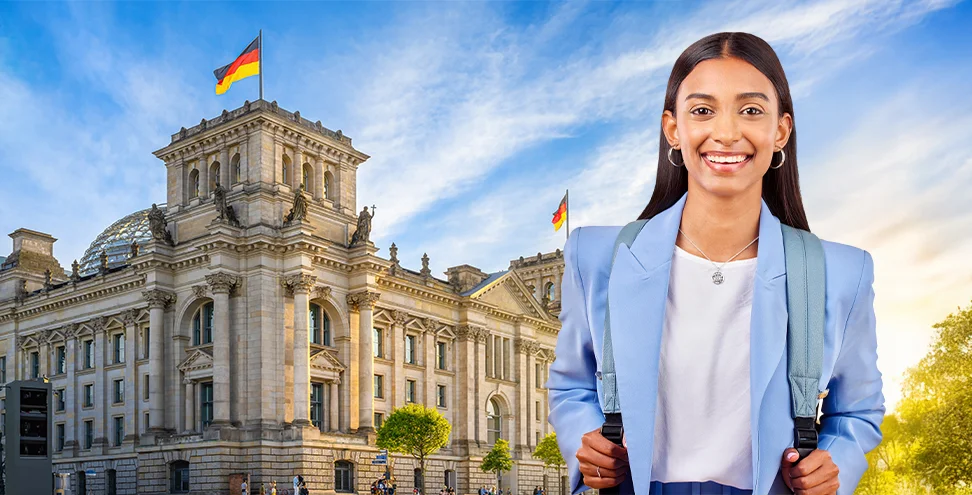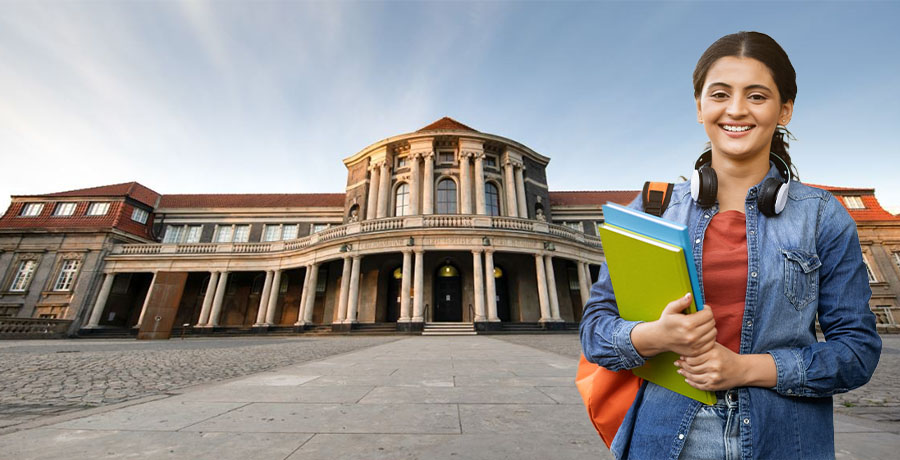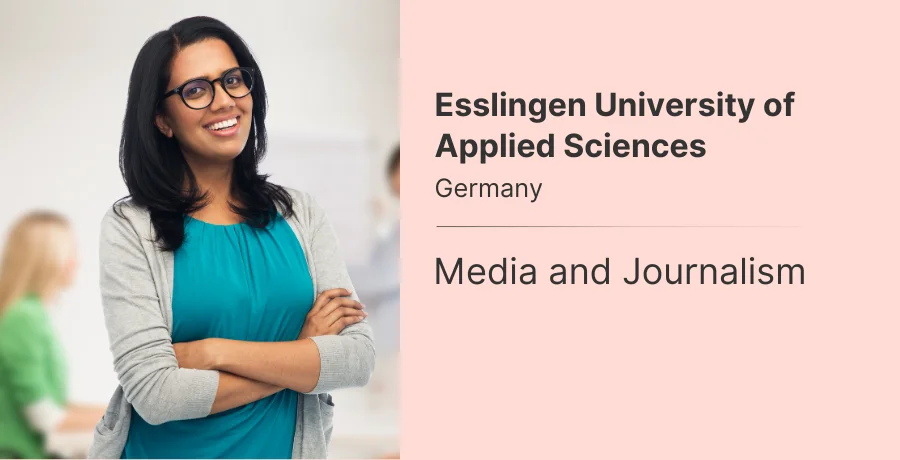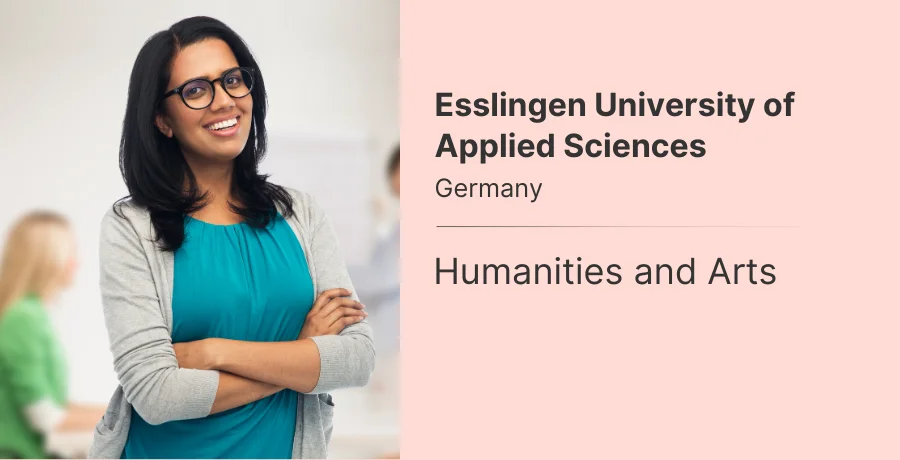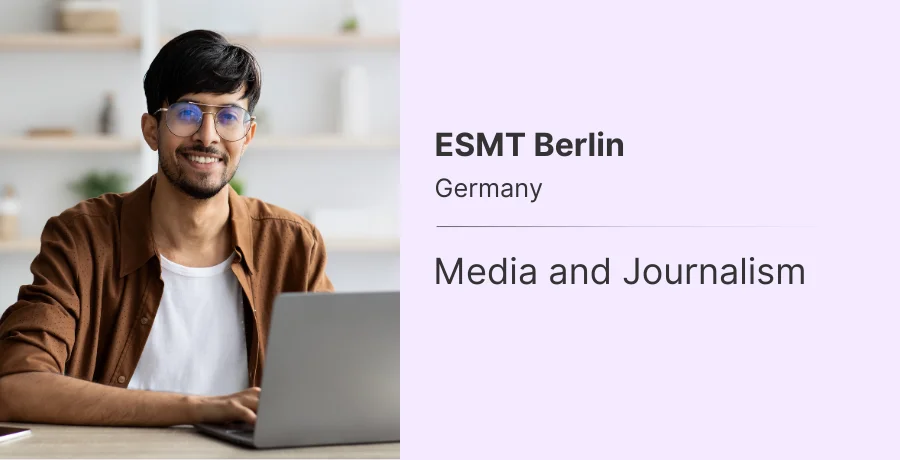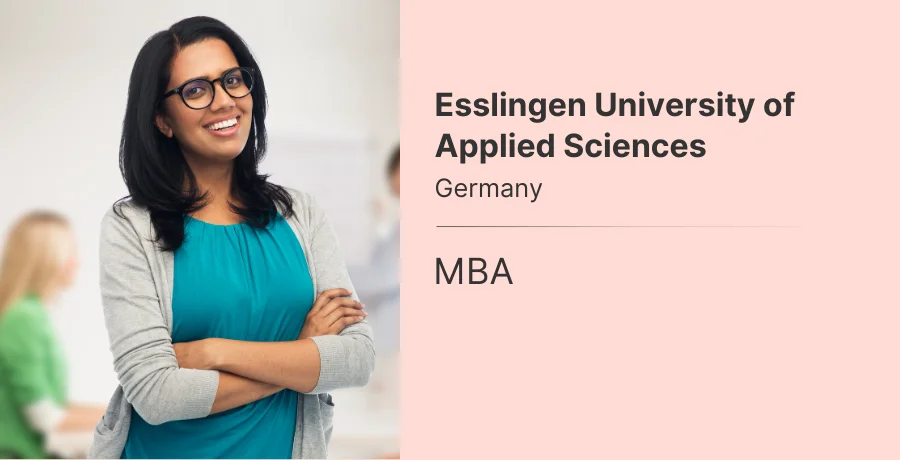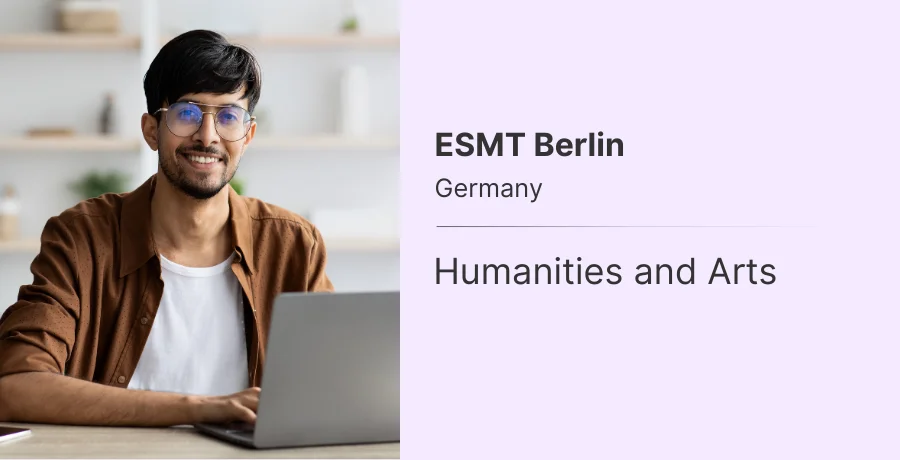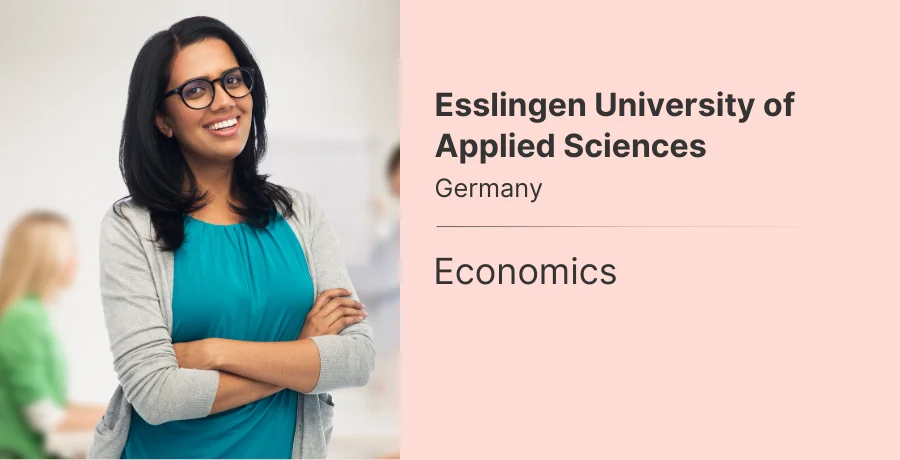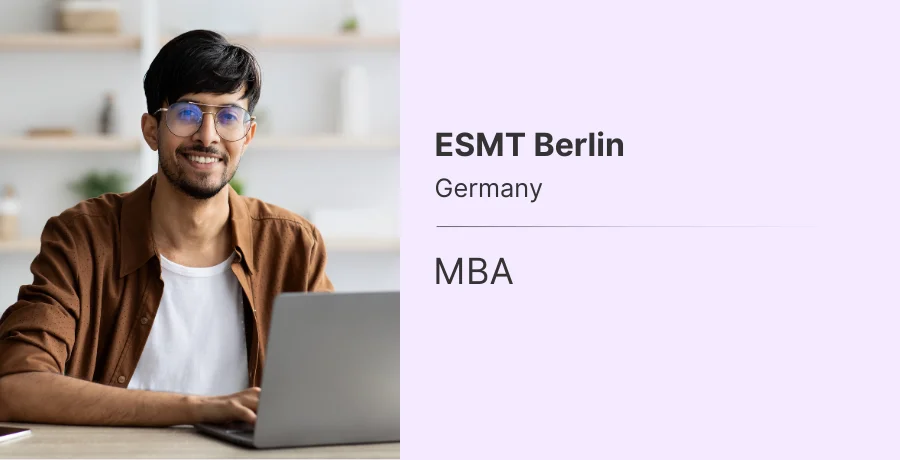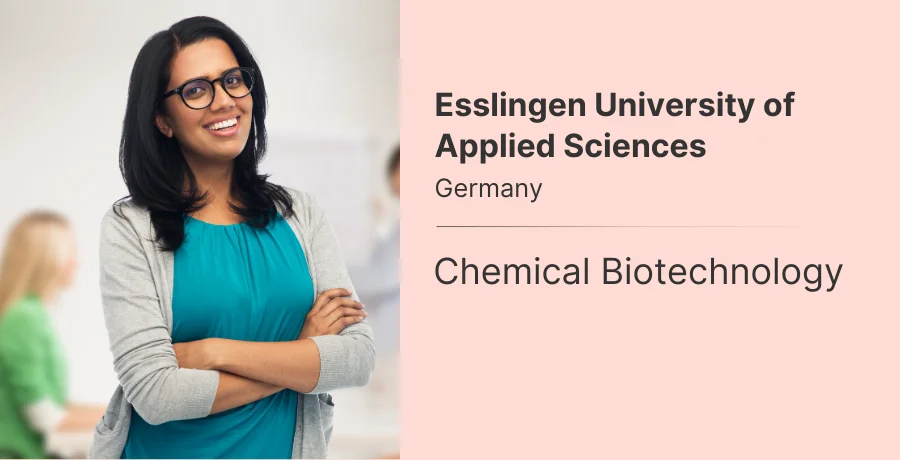Marie Curie International Incoming Fellowships (IIF) for Developing Countries GermanyOverview
The Marie Curie International Incoming Fellowships (IIF) for Developing Countries in Germany is a prestigious scholarship program designed to support researchers from developing countries. This fellowship aims to enhance the international dimension of European research by attracting top-tier talent from around the world to work on cutting-edge projects in Germany. Scholars will have the opportunity to collaborate with esteemed researchers, gain exposure to advanced research facilities, and contribute to the global exchange of knowledge and ideas.
- The fellowship provides financial support to researchers, enabling them to undertake research projects in Germany.
- It fosters international collaboration and networking among researchers from different countries.
- The program targets researchers at various stages of their careers, including postdoctoral fellows.
- The fellowship covers a wide range of disciplines, encouraging interdisciplinary research.
- Successful applicants will benefit from professional development opportunities and career advancement.
Country and University
| Country | Germany |
|---|---|
| University | Various prestigious universities and research institutions in Germany |
| Courses |
|
Marie Curie International Incoming Fellowships Amount Details
| Type of Expense | Amount |
|---|---|
| Living Allowance | €2,000 - €3,000 per month |
| Travel Costs | €500 - €1,000 |
| Research Costs | €500 - €1,500 per month |
| Other Expenses | Varies |
Benefits Offered by Marie Curie International Incoming Fellowships
- Comprehensive financial support for research activities.
- Access to state-of-the-art research facilities and resources.
- Opportunities for professional development and skill enhancement.
- Networking with leading researchers and institutions.
- Contribution to the global academic community.
Eligibility Criteria for Marie Curie International Incoming Fellowships
- Applicants must be nationals of developing countries.
- Researchers should have a Ph.D. or at least four years of full-time research experience.
- Applicants must not have resided or carried out their main activity in Germany for more than 12 months in the three years prior to the application.
- Proposals must be submitted jointly by the researcher and the host institution in Germany.
Application Process for Marie Curie International Incoming Fellowships
- Identify a host institution in Germany and establish contact with a potential supervisor.
- Prepare a research proposal in collaboration with the host institution.
- Submit the application through the official online portal.
- Include all necessary documents, such as CV, research proposal, and letters of recommendation.
- Wait for the evaluation and selection process to be completed.
Application Dates for Marie Curie International Incoming Fellowships
| Expected Month | Tentative Date |
|---|---|
| April | 15th |
| October | 15th |
Additional Information on Marie Curie International Incoming Fellowships
The Marie Curie International Incoming Fellowships (IIF) for Developing Countries Germany not only supports individual researchers but also aims to strengthen the research capacity of developing countries by promoting knowledge transfer and collaboration. The fellowship is part of the larger Marie Skłodowska-Curie Actions (MSCA) under the Horizon 2020 program, which supports researchers at all stages of their careers, irrespective of nationality.
FAQs
- Who can apply for the Marie Curie IIF? Researchers from developing countries with a Ph.D. or equivalent research experience can apply.
- What disciplines are eligible for the fellowship? The fellowship covers a wide range of disciplines, encouraging interdisciplinary research.
- What is the duration of the fellowship? The duration of the fellowship is typically between 12 and 24 months.
Contact Details
For more information about the Marie Curie International Incoming Fellowships (IIF) for Developing Countries Germany, please visit the official website or contact the program coordinator at the host institution in Germany.

